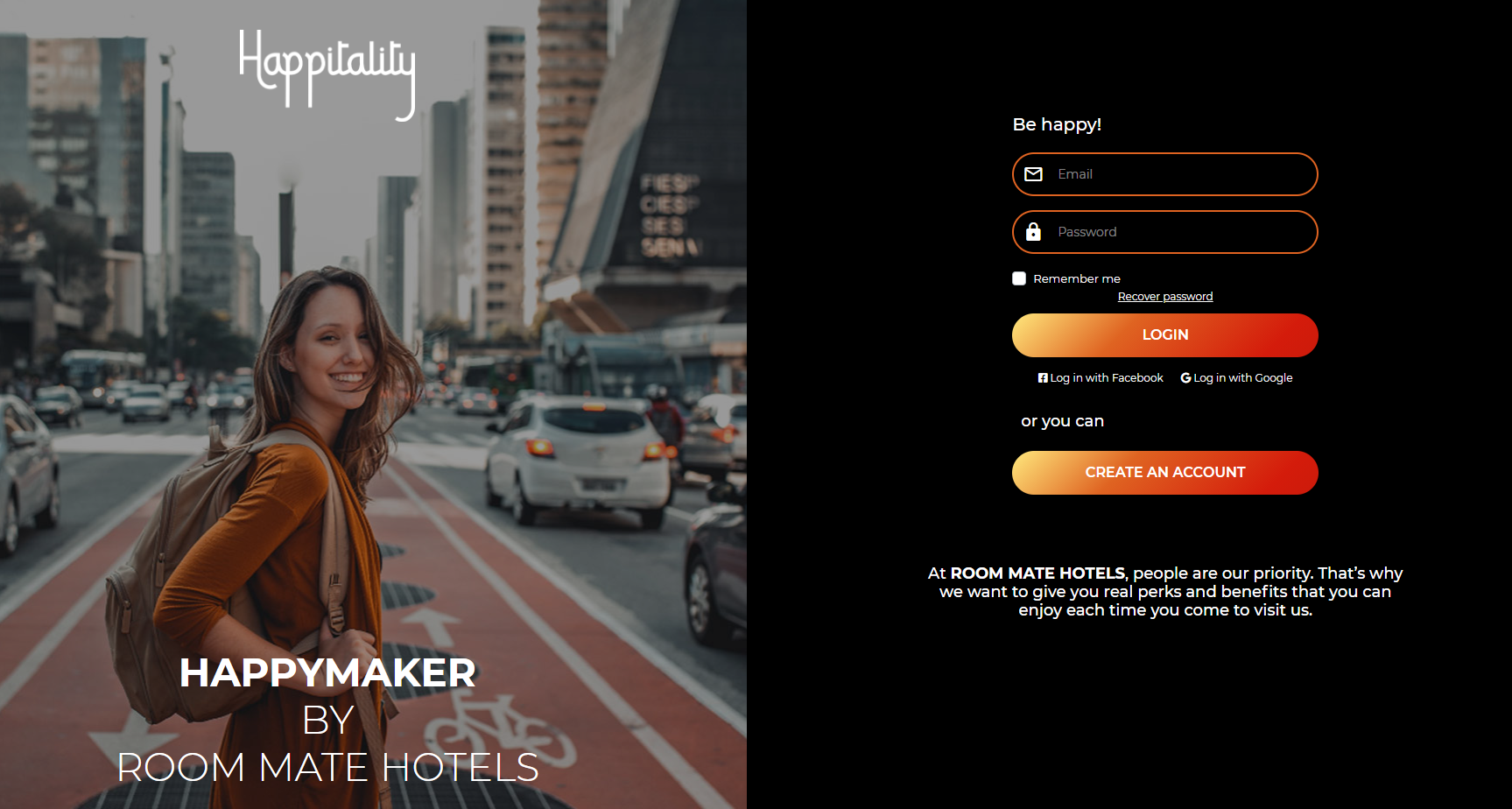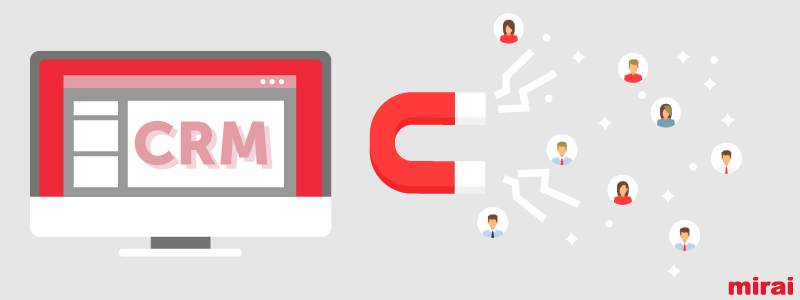En español, en français, em português.
Retention is key for your hotel, as it gives you a competitive advantage over other hotels, makes it easier for you to create a sustainable long-term business model and acts as a firewall to reduce your dependence on intermediation. It is, therefore, a challenge that every hotel, whether large or small, independent or part of a chain, must accept and attempt to meet as soon as possible. Why not start in 2021 as we slowly leave this horrible crisis behind?
New demand vs current demand
Intermediation is valuable as it brings guests to your hotel… but only when they are new. When that happens, they are very valuable. It is what we refer to as “new demand” and you should be willing to invest more than the usual 20% acquisition cost. Wouldn’t you pay 40% for a client who has never heard of you during low and mid season? Many would. Many would pay even more. That is why intermediation is so valuable.
Once this “new client” walks in through the door, it is your job to make him loyal to:
- Your hotel (and make sure he does not go to a different one).
- Your direct channel (make sure next time he books through you).
Most if not all hotels focus only on the former, but a small number do so while pushing clients towards their direct channels.
But the cost of doing so is high. The average cost of intermediated acquisition is about 18-20%, whereas a repeating guest who books through your direct channel costs no more than 10-12% (even after offering better rates or conditions). This cost is even lower if we consider the entire customer lifetime value, as the cost of the client is spread out among a high number of stays.
The difference between the cost of acquiring a new guest and receiving a repeating one goes straight into your EBITDA and can cover 5-10% of the distribution cost of every booking.
Loyalty programme
“Loyalty” is a word that can be overwhelming. It sounds like you need a complex system and a deep understanding of the matter when it is really not like that. In our experience, what matters most is having the right mindset and motivation. You only need to start.
The first thing you have to do is define your “Loyalty Programme” or simply “Programme”. That means defining which clients you want to incorporate, how you are going to do it (don’t take your eye off the GDPR), what added and distinguishing value will you provide them and how will you ensure they book directly through your website, email, telephone, etc.
Mirai makes it even easier, as only a few months ago we launched our own loyalty programme, which is fully integrated with our booking engine.

Possible sources of guest data
So, we have the right mindset and motivation. We also have Mirai booking engine’s loyalty programme. Now all we need to do is roll up our sleeves and start poring over the data we have accumulated.
The first thing you need to do is create your very own database. To this end, the most commonly used and extensive source is your PMS. That is where you will find all your guests, pinpoint the ones who have repeated and how they booked their stay. The PMS contains everything. However, it is often difficult to extract or analyse these data. Sometimes they have been wrongly entered, and, in many cases, they have been collected without the guests authorising their use for retention purposes. In any case, check with your PMS to see which options are on the table. That is the first step.
Another possible source is each individual sales channel, be it intermediated or direct. Intermediaries do not often provide data (although there are exceptions) on the guests who stayed at your hotel easily or in an organised manner. It is part of their secret and they know exactly how valuable guest data are. In any case, it does not hurt to ask. You must also be careful with the permission to use these data for advertising purposes as usually guests will have given said permission to the intermediary and not to you.
Another highly valuable source that will not give you any trouble or create conflicts of interests is, of course, your direct channel. Everything you receive via your website is the first source of data you should incorporate as these will often be your loyal clients.
CRM or how to manage and automate guest data
Managing your guests’ data can be complex, especially in large amounts. That is why CRM’s were created. They are technological solutions that solve many problems and overall make your life easier.
- They connect to your different sources of data (your PMS, other channels and your direct channel) to extract the existing data and incorporate new data as they are entered.
- They facilitate segmenting data by the most important variables for retention and e-commerce: nationality, dates of stay, booking channel, repetition rate, whether a guest belongs to a club or programme, etc.
- They make it easier to carry out actions using said data to create a stronger bond and relationship with your guests before, during and after their stay. Automating communications with your guests is key to successfully retaining them. Email marketing, push notifications, SMS or WhatsApp are a few examples (in this other post we describe a number of retention strategies). By eliminating manual processes, we can make sure that each client will receive the right message at the right moment.
- They let you follow up and track these actions. Running campaigns is the first step. But you must also monitor their performance, learn, finetune and keep trying. All this can be done from a single control panel.
Mirai has integrated with two of the best CRM solutions for hotels, Cendyn CRM and Fideltour. You can read all about it in this other article.




